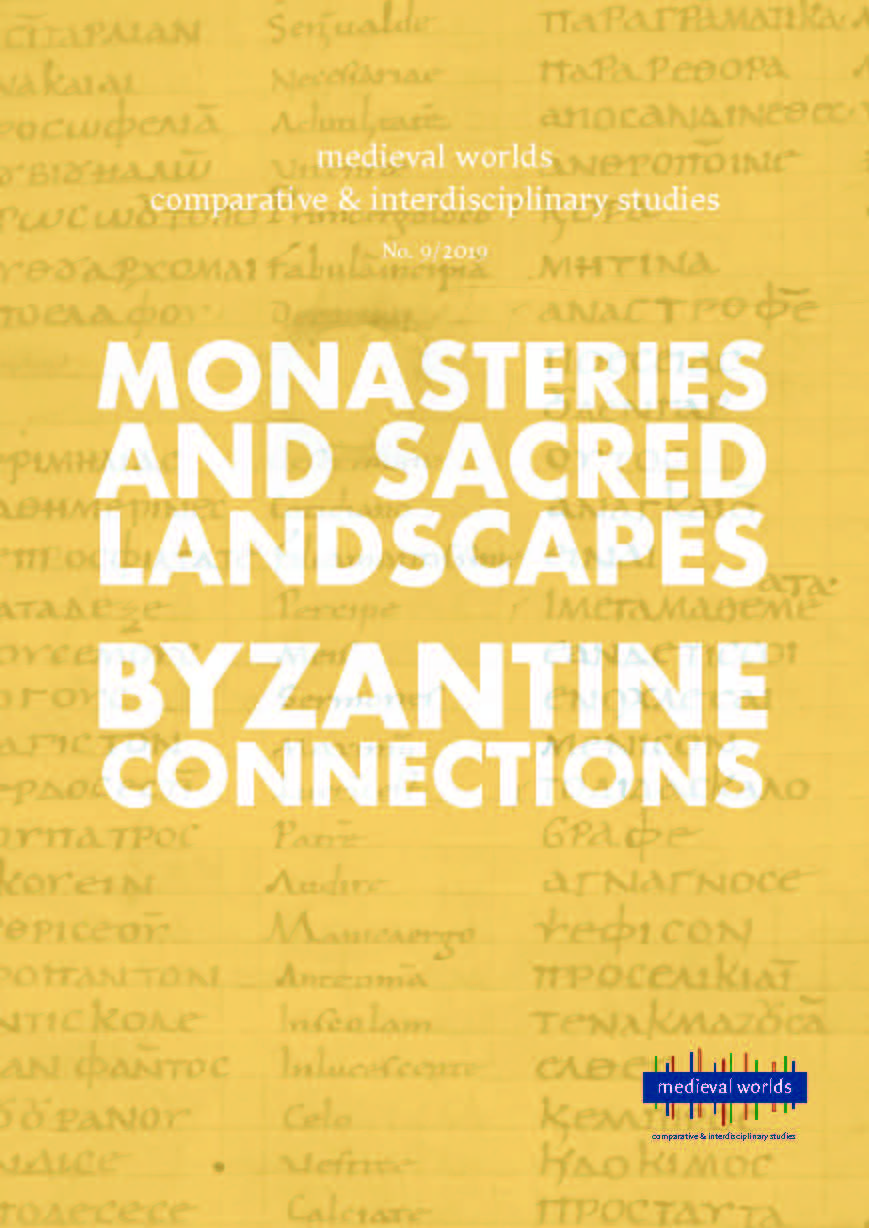|
 |
medieval worlds provides a forum for comparative, interdisciplinary and transcultural studies of the Middle Ages. Its aim is to overcome disciplinary boundaries, regional limits and national research traditions in Medieval Studies, to open up new spaces for discussion, and to help developing global perspectives. We focus on the period from c. 400 to 1500 CE but do not stick to rigid periodization.
medieval worlds is open to submissions of broadly comparative studies and matters of global interest, whether in single articles, companion papers, smaller clusters, or special issues on a subject of global/comparative history. We particularly invite studies of wide-ranging connectivity or comparison between different world regions.
Apart from research articles, medieval worlds publishes ongoing debates and project and conference reports on comparative medieval research.
Table of Contents
Editor’s Preface
Walter Pohl and Ingrid Hartl
Monasteries and Sacred Landscapes
An Old Ritual Capital, a New Ritual Landscape:
Understanding the Transformation of Angkor Thom, Cambodia:
through the Construction and Placement of Theravāda »Buddhist Terraces«:
Andrew Harris
The Monasteries of Athos and Chalkidiki (8th-11th Centuries): A Pioneering Front?
Michel Kaplan
Pro qualitate loci et instantia laboris:
Monasteries and their Human and Natural Environments in Late Antique Gaul
Matheus Coutinho Figuinha
The Limitations of Asceticism
Albrecht Diem
Byzantine Connections
Greeks and »Greek« Writers in the Early Medieval Italian Papyri
Edward M. Schoolman
Resenting Byzantine Iconoclasm. Its Early Reception in Italy
through an Inscription from Corteolona
Francesca Dell’Acqua and Clemens Gantner
Mercantile and Religious Mobility between Byzantines, Latins and Muslims,
1200-1500: On the Theory and Practice of Social Networks
Johannes Preiser-Kapeller and Ekaterini Mitsiou
»A Universal Narrative of Humanity«. Travelling to the ›Other‹
from Constantinople: Priscus of Panion (5th c. CE)
and William of Rubruk (13th c. CE)
Pia Carolla
|




 Home
Home Print
Print
 References
References
 Share
Share
